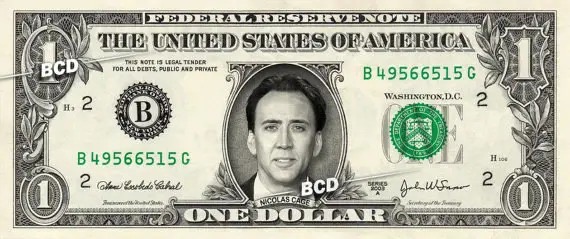In the world we inhabit, celebrity life shines with excess—luxury vehicles, large homes, designer wardrobes, first-class everything. At first glance, it’s easy to covet. Celebrity, after all, seems to be followed by boundless money. But beneath the surface, this glamour usually hides deeper problems, both for the celebrities who experience it and for the public who watches.

This obsession with wealth and status—let’s call it “possession-based thinking”—isn’t necessarily about cash. It’s about equating happiness and success with stuff: the more you have, the better you will be. And with endless exposure on social media, magazines, and streaming sites, many of us end up believing that this kind of life is the be-all and end-all. But trying to achieve it typically ends up in emotional burnout, financial mistakes, and unrealistic assumptions—especially among the younger generations.

Think about this: when celebrities post airbrushed pictures of their costly mansions or jet-set lifestyle, it sends a subtle but strong message—this is what success looks like. And so, consciously or subconsciously, people begin to emulate the same lifestyle, tending to overspend or feel inferior when they are unable to match it.
Ironically, even celebrities—who seem to have everything—can’t avoid the traps of overspending. Michael Jackson, Johnny Depp, and Nicolas Cage all made headlines for financial woes, all while raking in millions. Celebrity does not protect anyone from poor money management, and it does not equate to money management skills. These stories are reminders: more money does not equal more security if you don’t manage it properly.

Endorsements add a layer to this narrative. Celebrities are continually collaborating with brands to endorse everything from face creams to vitamins to clothing. These collaborations can be profitable, but they tend to blur the lines between influence and manipulation. Social media, in fact, is full of influencers who are covertly putting up sponsored posts without revealing that. And when a celebrity who has established themselves as espousing sustainability is seen taking private flights or collaborating with fast fashion brands, the criticism is swift—and sometimes merciless.
Instagram and TikTok are now virtual podiums, upon which celebrities parade their new purchases and exotic getaways. But the same media also provide the public a voice—and that voice is swift to cry excess or hypocrisy. The same public who once envied a celebrity’s lifestyle now can be the first to condemn it. Do you recall when the Kardashians were ridiculed on social media for receiving private viewings of a movie prior to its release? Or when Kylie Jenner was slammed for a 17-minute private plane ride? These sorts of events go viral, and they inform the way we talk about privilege, excess, and responsibility.

The power of this culture is particularly great among teenagers and young adults. Studies indicate that too much exposure to celebrity life can result in low self-esteem, stress, and even compulsive consumption. If a teen sees a celebrity sporting a certain label or using a particular product, they feel compelled to acquire it too—even if it means accumulating debt. And since most young people are in the process of establishing their sense of self, they’re most susceptible to these influences.
Beyond personal effects, there are environmental and moral concerns. Celebrities supporting fast fashion or racking up enormous carbon footprints with private jets are coming under increasing fire for it. And justifiably so: while other people carry on protesting about climate change or social injustice, their own behaviors do not always shout as loudly. These hypocrisies discredit them and point to a broader problem—how celebrity culture celebrates lifestyles that are ultimately not sustainable. Finally, the glamour of celebrity hides a lot. It hides economic struggle, fosters unrealistic expectations, and enables a consumer culture that’s wrong on so many levels. The scandal and outrage that follow aren’t all about shaming celebrity figures. They’re about raising bigger questions we’re raising as a culture: What we value? Whom do we listen to? And what success is?
















